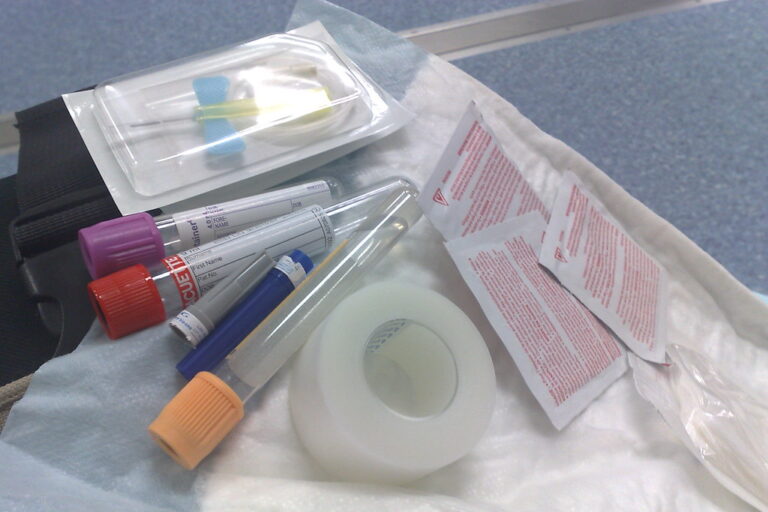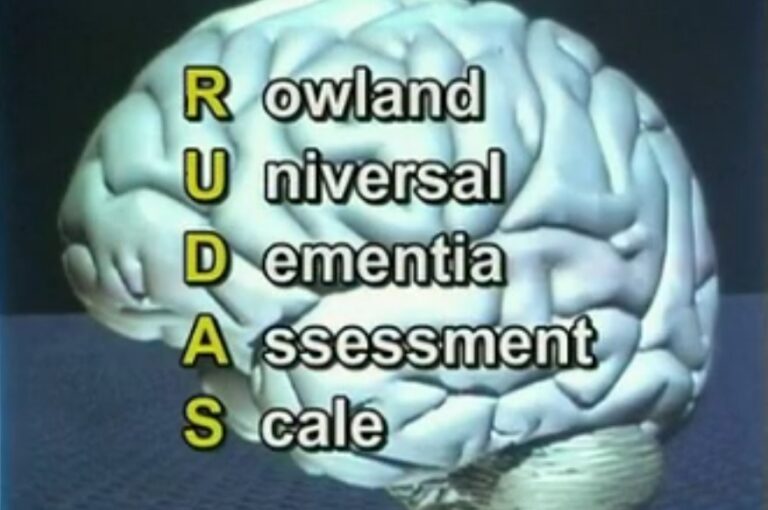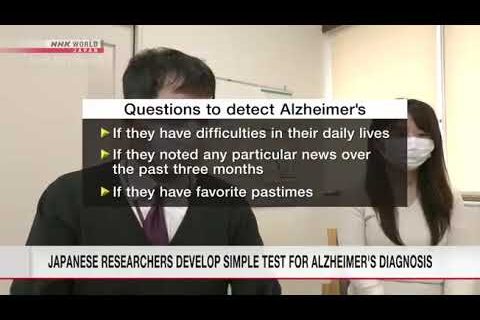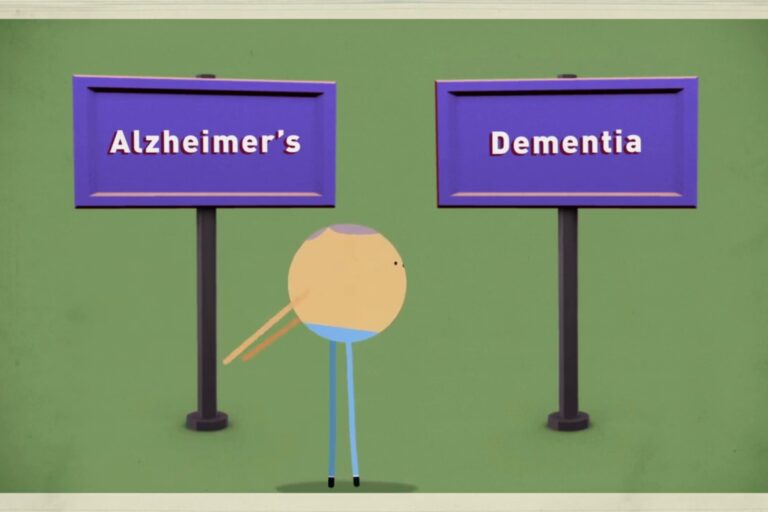
5 Alzheimer’s Blood Tests
Newer blood tests accurately predict Alzheimer’s. This opens the door to earlier detection and treatment. Be cautious: only taking these tests with guidance from a medical expert.

Newer blood tests accurately predict Alzheimer’s. This opens the door to earlier detection and treatment. Be cautious: only taking these tests with guidance from a medical expert.

A trio of key studies identified predictors of dementia risk, the benefits of detecting cognitive impairment early and identified barriers to routine cognitive screening in older adults, such as cost. See their recommendations.

DIAGNOSIS VIDEO: Recognize the 10 early signs of dementia. Watch this engaging, clear presentation by Dementia Care Trainer Teepa Snow.

DEMENTIA TEST + INSTRUCTIONS:
The RUDAS Dementia Test is brief, effective and free. It works well for most people. (It performs even better than other quick tests for people with cultural barriers, low education levels, or when English is not one’s first language.)

Japanese researchers develop a simple test for diagnosing Alzheimer’s quickly, easily, with 83% accuracy.

Testing for Alzheimer’s is notoriously slow. See how a new state-of-the-art robot speed things up, testing 3.9 million blood samples per year.

President Reagan hand-wrote a profound message to America, in sharing his Alzheimer’s diagnosis. His words broke stigmas and myths surrounding Alzheimer’s. Watch Nancy Reagan describe that moment. Read this magnificent letter.

There are over 80 types of dementia besides Alzheimer’s. Teepa Snow, dementia expert, explains why knowing the right type is so important and why so few people with dementia really do.

DIAGNOSIS VIDEO + ARTICLE:
Problems with memory or thinking? Check out this simple, written exam from Ohio State University Medical Center. Find out what made this outstanding test go viral.

UNDERSTANDING DEMENTIA – VIDEO & TRANSCRIPT:
If you have been confused by the terms “dementia” and “Alzheimer’s”, or mistakenly thought that they were the same thing, watch this film. Knowing the difference can be essential.

Empower yourself with a detailed report of your brain’s function, consisting of an assessment of your cognitive function and your brain connectivity with a quick 45-minute on-site appointment.

Kimberly Warnick, Certified Dementia Practitioner and Care Navigator

Selling Alzheimer’s books takes time – buyers rarely commit right away. Smart authors plan for the long game, offering gentle, repeated reminders to buy. No tool does this more effectively or simply than the Alzheimer’s & Dementia Weekly Newsletter service. Keep your book—and its message—at the center of your readers’ attention.

SHORT-TERM MEMORY lapses are obvious signs of Alzheimer’s, but other tell-tale signals begin to show much earlier. Learn how to look for semantic impairments, such as simple questions about size.

Three important dementia studies focus on HS-AGING, a type of dementia almost as common as Alzheimer’s in the 85+ group. Yet few people have heard of it. Why? What makes it different?

An intriguing study of 120 grandmothers might surprise you. Doctors know socially engaged people have better cognition and less dementia. But can a person get too much of a good thing? What’s the right balance?

Enjoy this great duet between a musician with dementia and his son. A triumph of spirit over Alzheimer’s! Sing-a-long if you like!
No spam, only news and updates.



This site was inspired by my Mom’s autoimmune dementia.
It is a place where we separate out the wheat from the chafe, the important articles & videos from each week’s river of news. Google gets a new post on Alzheimer’s or dementia every 7 minutes. That can overwhelm anyone looking for help. This site filters out, focuses on and offers only the best information. It has helped hundreds of thousands of people since it debuted in 2007. Thanks to our many subscribers for your supportive feedback.
The site is dedicated to all those preserving the dignity of the community of people living with dementia.
Peter Berger, Editor